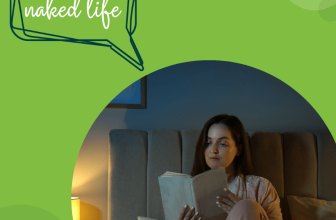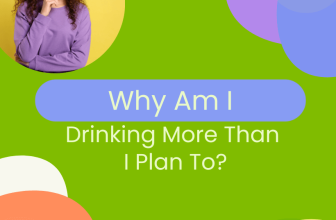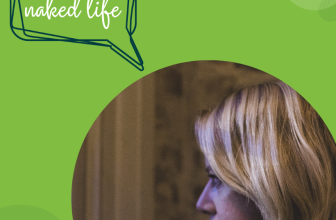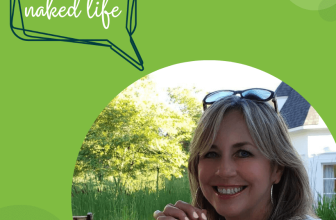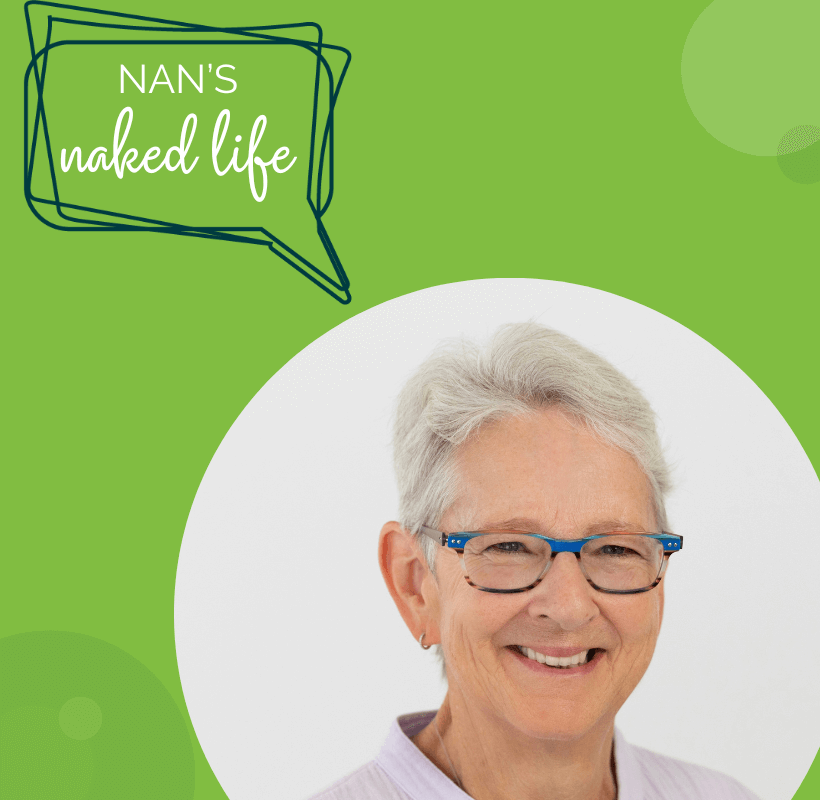
What if limiting wine drinking could be less about control and more about finding peace? Nan’s story begins with a simple question: is there a kinder way to change? After a lifetime of “normal” nightly pours—wine at work dinners, wine to unwind, wine to fit in—she discovered a gentler approach rooted in curiosity and support. For evidence-based context, see the NIAAA’s guidance on how much is too much and the NHS’s practical tips on cutting down alcohol. This is how limiting wine drinking became her doorway to presence, better sleep, and a sense of joy she thought she’d lost.
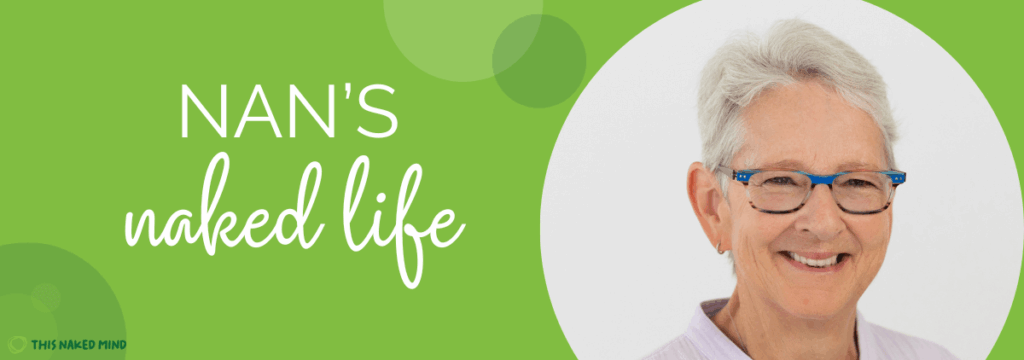
From Childhood Trauma to Teenage Drinking
My relationship with alcohol began when I was just twelve years old, though not by choice. When my parents joined what I now recognize was a mix of cult and religious order, children were seen as distractions from the missionary work. I was sent away to live elsewhere, moving every three to nine months, watching the adults around me drink heavily within the organization.
At such a vulnerable age, I started drinking to prove my maturity to the adults around me. Looking back, I can see how this early introduction to alcohol as a symbol of adulthood and belonging set the stage for decades of complicated relationship with drinking. The constant moving, the separation from my parents, and the normalized heavy drinking created a perfect storm for alcohol to become my go-to solution for proving I belonged and coping with instability.
As I moved into my later teens, alcohol shifted from being about maturity to becoming my escape from deepening depression. I bought Scotch by the half-gallon and kept it by my bedside, using it to numb the pain of my circumstances. The drinking was no longer about fitting in—it had become my primary coping mechanism for dealing with life’s challenges.
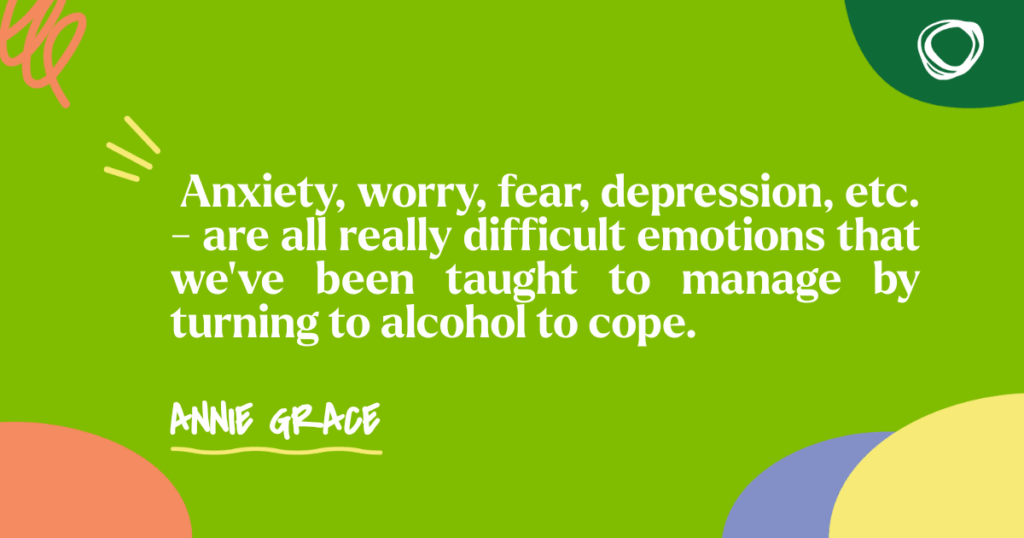
Breaking Free and the Return to Wine
In my early twenties, I finally broke free from the organization and felt hopeful about building a new life for myself. Interestingly, when I stopped smoking in my late twenties, I gave up alcohol as well since drinking had become such a strong trigger for cigarettes. I actually went several years without drinking, proving to myself that I could live without it.
But as my professional life expanded, work-related dinners and functions became the norm. Drinking wine was simply “what you did” in these settings, so I gradually became a wine drinker and began what would become a decades-long daily ritual. It started innocently enough—one glass, maybe two each evening. It felt sophisticated, social, and completely normal.
The insidious nature of wine addiction is how slowly it progresses. After decades of this evening ritual, I found that the number of drinks had slowly increased without my conscious awareness. My daily cycle became predictably destructive: two, three, or sometimes more glasses of wine each evening, followed by poor sleep and waking up in the middle of the night for an hour or more, feeling horrible with headaches the next morning.
The Justification Cycle
What kept me trapped in this cycle for so long was the constant justification. I told myself it must be okay since everyone drinks and I was still functioning during the day. I was a professional woman managing my responsibilities, so how could there be a problem? This is the dangerous territory where many wine drinkers find themselves—functioning well enough to avoid scrutiny while slowly deteriorating inside.
Even when I joined Weight Watchers and had to curtail my intake because I was counting points, it didn’t feel like a drinking problem per se. I could control it when I needed to, which only reinforced my belief that everything was fine. But the underlying issue remained: I was still dependent on wine to relax, socialize, and cope with daily stress.
The pandemic changed everything for the worse. Like millions of others, my wine consumption increased significantly during those isolated months. By December 2020, I knew I needed to rein it in, but the awareness felt overwhelming rather than empowering.
The Failed Attempts at Control
For the new year 2021, I committed to limiting wine drinking to only one glass each evening. The commitment felt incredibly hard to maintain, but I managed to stick with it for several months. During this time, I felt so much better and began losing some of the surplus weight I’d gained. The improvements were noticeable and encouraging.
But as restrictions lifted and I started getting out to restaurants and socializing again, the two, three, or more drinks per evening pattern returned with a vengeance. The hangovers and headaches came back into my life with disturbing frequency, and I felt like I was trapped in an endless cycle of good intentions and inevitable failure.
My approach to controlling drinking was always the same: willpower and determination. While I could be successful for stretches of time, I always went back to overdrinking. The pattern was exhausting and demoralizing, leaving me feeling like I lacked the strength or character to maintain control over something that seemed so simple.
The Turning Point: Supporting a Friend
The breakthrough came through an unexpected source—friendship and accountability. A friend of mine discovered Annie Grace’s book “The Alcohol Experiment” and called to ask if I would be her support person for doing thirty days alcohol-free. Of course, I said yes immediately and went out to get the book right away.
I started reading it the next day, and something shifted quickly. I realized that the only way I could truly support my friend was to also commit to thirty days alcohol-free alongside her. The thought was terrifying—thirty whole days without my evening wine ritual felt impossible. But I had made a commitment, so I went alcohol-free as I read through the book with her.
This decision to support my friend became the catalyst for my own transformation. Sometimes we find the courage to help ourselves by first helping others, and this was exactly what happened for me.
The Transformation Through The Alcohol Experiment
When I finished “The Alcohol Experiment,” I was genuinely feeling great for the first time in years. The better sleep alone was revolutionary—no more waking up at 3 AM, no more groggy, headache-filled mornings. But beyond the physical improvements, my eyes had been opened to the effects of alcohol, its addictive nature, and how heavily alcohol is promoted in our culture.
Over the subsequent months, I kept applying curiosity to explore my relationship with alcohol and its effects on my life. This wasn’t about willpower anymore—it was about understanding and awareness. Four months after completing the initial experiment, I felt ready for deeper work and signed up for The PATH program.
The shift from trying to control my drinking through force to understanding it through education made all the difference. Instead of fighting against myself, I was finally working with myself toward genuine freedom.
Life in Full Color: The Joy of Freedom
I cannot sufficiently express how much better I feel now, about a year alcohol-free. Looking back, it truly feels as if a layer of fog that had been living in my brain for decades has finally been lifted. It’s hard to explain to someone who hasn’t experienced it just how much clearer and more present I am now.
The amazing thing is that the improvements keep coming. I’m more vibrant, more joyful, and quite honestly, proud of what I’ve accomplished. The daily wine ritual that once felt so necessary now seems like a prison I didn’t realize I was living in.
Concurrent to my journey with alcohol, I’ve been delving into a spiritual journey to learn, practice, and explore ways to be present and remove obstacles that hinder internal peace. Now I can see how important it was to remove alcohol to continue this deeper work. There had been such a disconnect between aiming to be present and mindful while drinking heavily every evening—I was working against myself without realizing it.
A Message of Hope
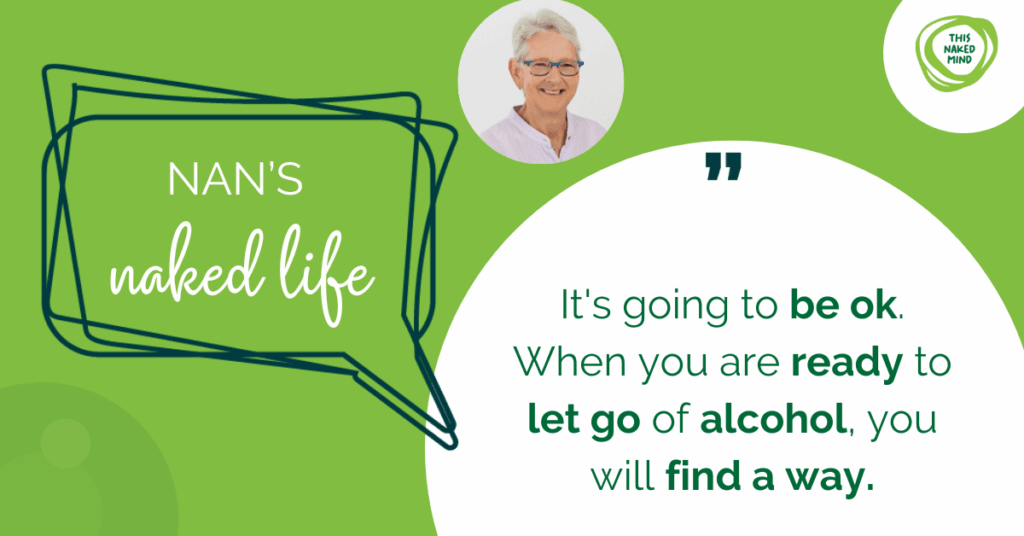
If I could tell my old self one thing, it would be simple: “It’s going to be okay. When you’re ready to let go of alcohol, you will find a way.” The journey doesn’t require perfection or superhuman willpower—it requires curiosity, support, and the right tools.
The peace I’ve found through limiting wine drinking and eventually choosing freedom has opened doors to spiritual growth and self-discovery I never imagined possible. The fog has lifted, the headaches are gone, and in their place is a clarity and joy that feels like coming home to myself.
Ready to Explore Your Own Relationship with Alcohol?
If Nan’s story resonates with you, you’re not alone. Thousands of people have found freedom and clarity through This Naked Mind’s comprehensive approach to changing your relationship with alcohol. The Path offers the same scientifically-backed methods that helped Nan transition from daily wine drinking to vibrant, alcohol-free living.
Discover how understanding, not willpower, can be your key to lasting change. Learn more about The Path and take the first step toward your own transformation today.
Share Your Story
Did you find the secret to limiting wine drinking through our books, the app, the podcasts, or another program at This Naked Mind? We want you to share your story here and inspire others on their journey!
Copyright © 2025 This Naked Mind. This material is original content and is protected by international copyright laws. Unauthorized reproduction or distribution of this content will be met with legal action.



